17 <em>Atlantic</em> Covers From Different Presidential Elections
These covers offer a window into the unique and enduring ideas of each electoral era.

This is an edition of Time-Travel Thursdays, a journey through The Atlantic’s archives to contextualize the present, surface delightful treasures, and examine the American idea.
This year’s presidential election is the 60th in the history of the United States. The Atlantic has for 42 of those election cycles published stories examining the fitness of candidates to serve, the inclinations of the voting public to vote, and the sturdiness of our democratic institutions to carry on. Our magazine’s covers in October and November of presidential-election years offer windows into the unique—or uniquely persistent—national anxieties of each electoral era.
One cover story from our archives imagined a hypothetical Inauguration Day on which, “for the first time in history, the Inaugural stand has been built on the West Front of the Capitol,” but by noon in D.C., “there is no new President—none of the candidates carried a majority of the electoral vote on November 4.” That was Laurence H. Tribe and Thomas M. Rollins writing in The Atlantic in October 1980, in a story titled “Deadlock” (to be clear, on the actual 1981 Inauguration Day, Ronald Reagan was sworn in, having defeated the incumbent Jimmy Carter in a landslide the previous November).
Voters on the margins have been a regular subject of study in The Atlantic. “Between campaigns Smith is open-minded on all matters affecting the body politic,” Meredith Nicholson wrote in an October 1920 essay outlining debates he, a Democrat, had been having with his friend Smith, a Republican, about whom to vote for in the upcoming presidential election. But “party loyalty is one of the most powerful factors in the operation of our democracy,” Nicholson noted. “If Smith, in his new mood of independence, votes for Mr. Cox, and I, not a little bitter that my party in these eight years has failed to meet my hopes for it, vote for Mr. Harding, which of us, I wonder, will best serve America?”
Politics is a consistent presence, but not all of our fall covers from those years exclusively concerned the election. November 1976, for instance, led with the culture critic Benjamin DeMott’s spirited exploration of the state of the American family. November 1964 contained a special supplement on … the country of Canada; the month before, however, The Atlantic made its second-ever presidential endorsement. These days, the months surrounding an election pose a particular challenge for our print team: The November issue of the magazine appears on newsstands after the election, but goes to the printers before it takes place.
In many election years, including the present one, we sought lessons from American history. Our November 1988 issue mounted a robust defense for the teaching of American history—history, not just civics lessons, or facts about American government. “The chances for democratic principles to survive such crises depend upon the number of citizens who remember how free societies have responded to crises in the past, how free societies have acted to defend themselves in, and emerge from, the bad times. Why have some societies fallen and others stood fast?” the historian Paul Gagnon wrote, in a cover story titled “Why Study History?”
So spend a moment today with history: Below is a selection of 17 Atlantic covers from election years spanning two centuries. If you’d like to read more, you can browse our entire collection of issues online here, dating back to November 1857.
November 2024
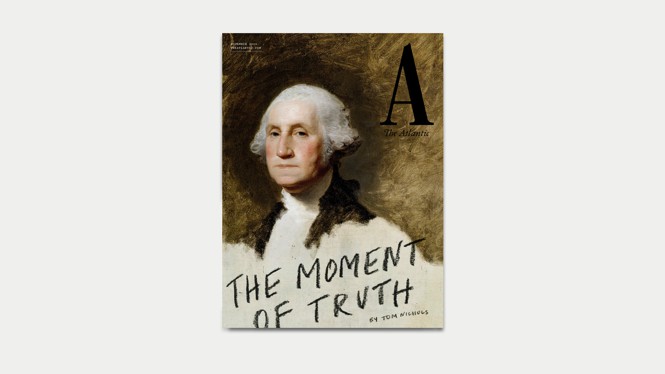
November 2020
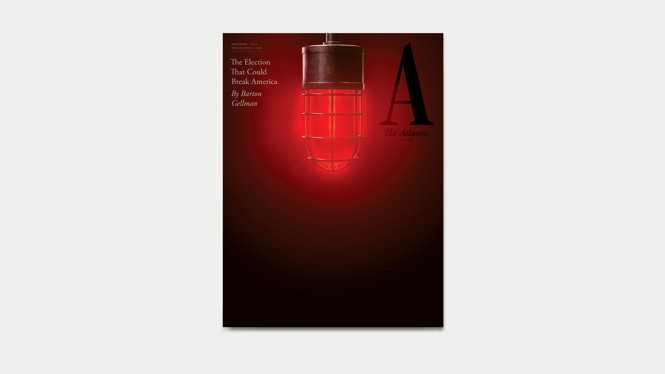
November 2016
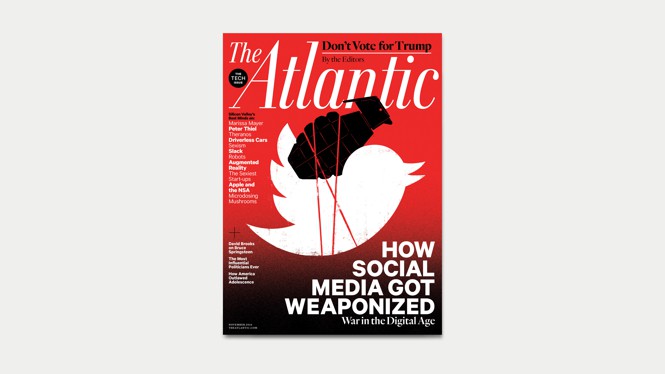
October 2012
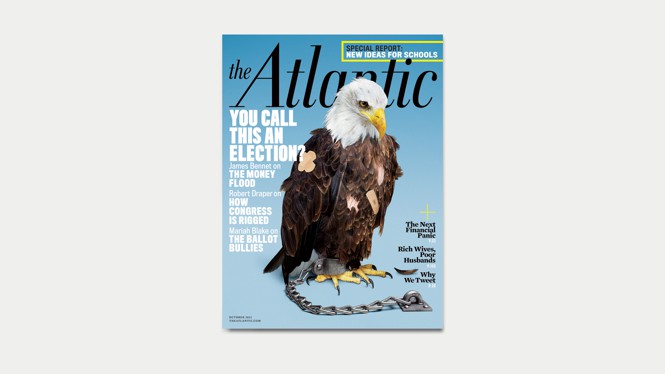
November 2004
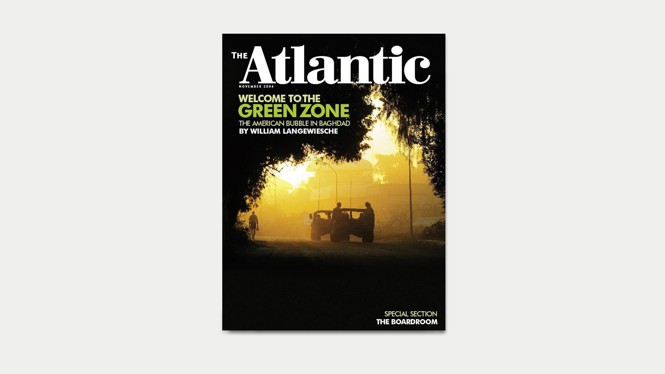
October 2004
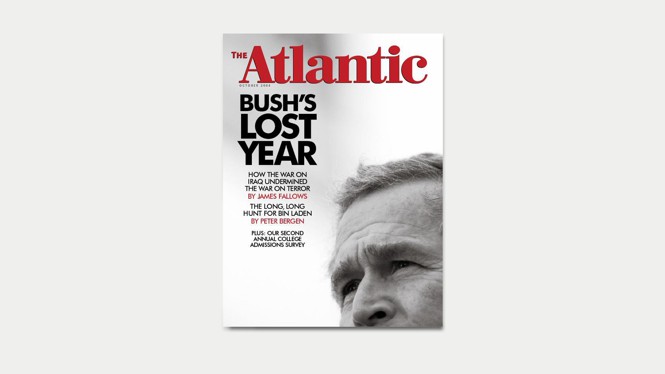
November 2000
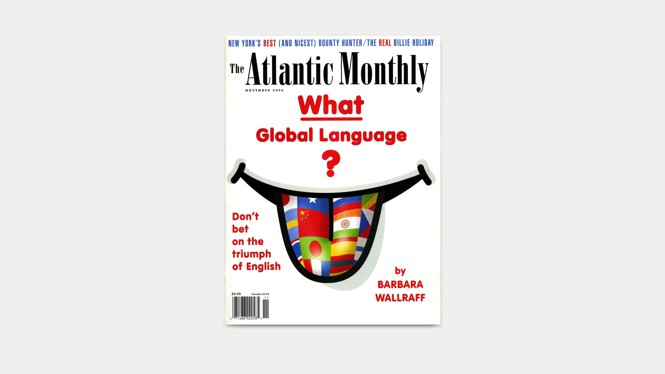
November 1992
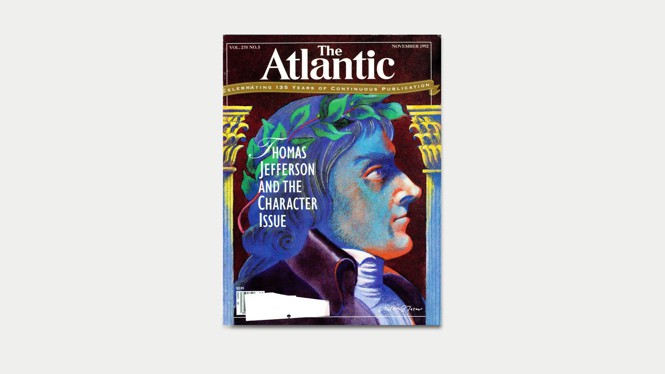
November 1988

October 1980
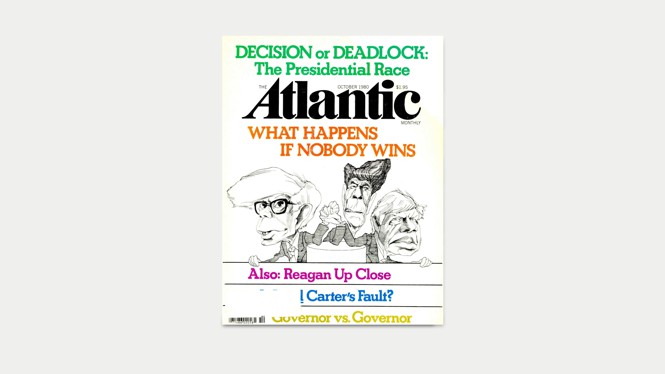
November 1976
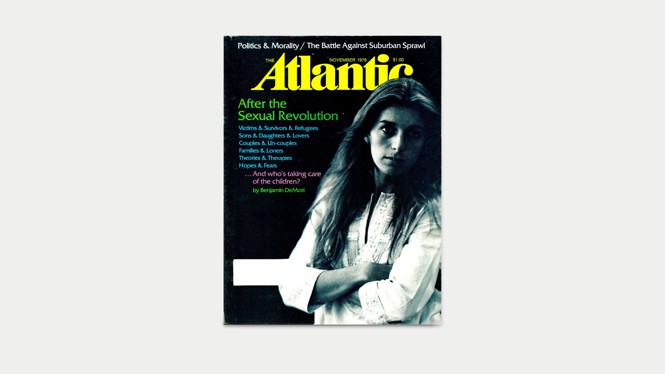
November 1968
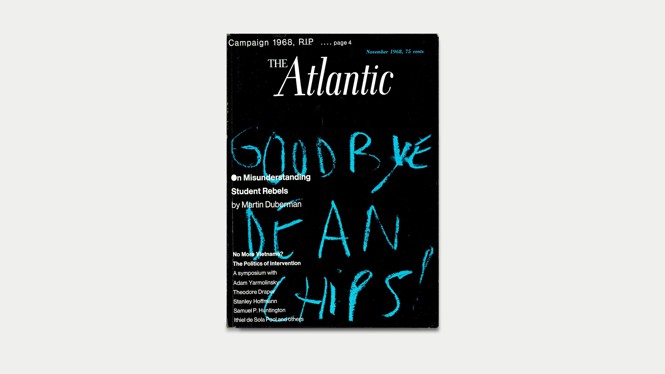
November 1964
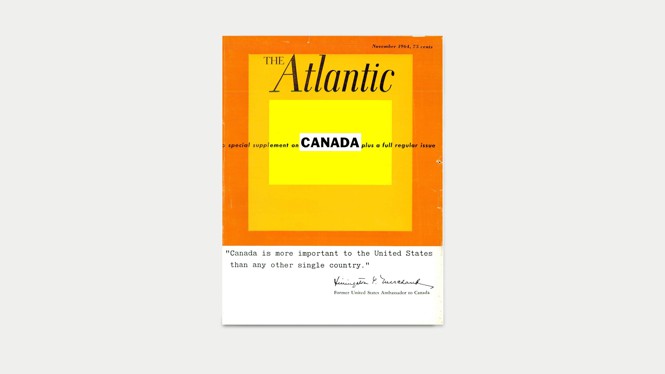
October 1964
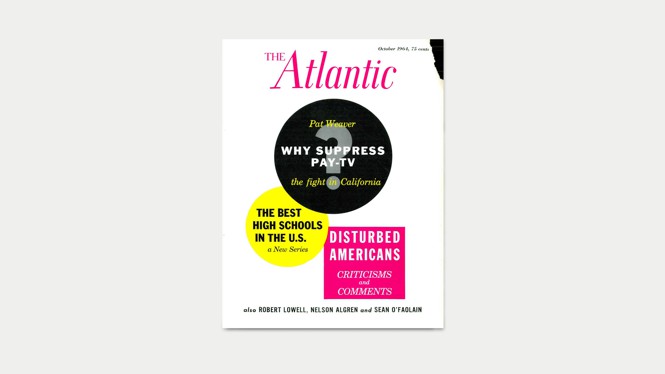
November 1940
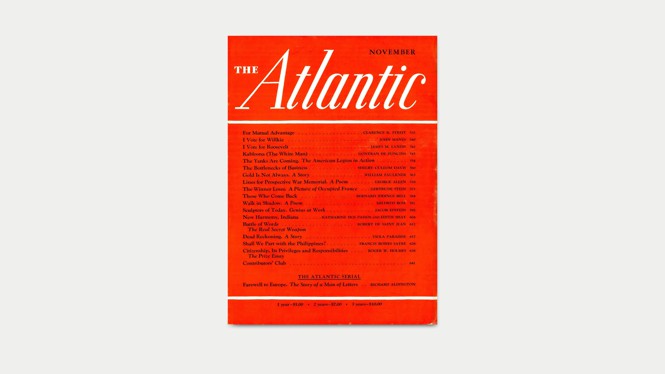
October 1920
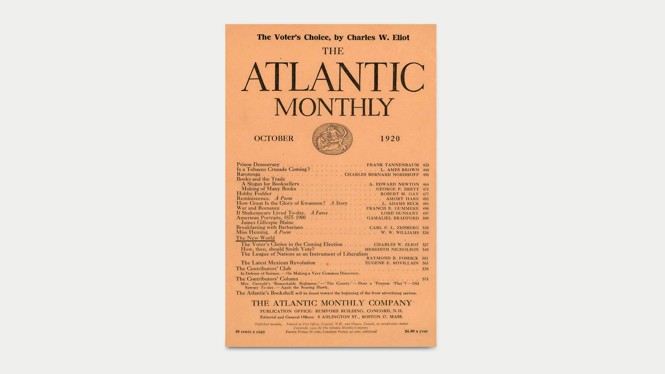
October 1860
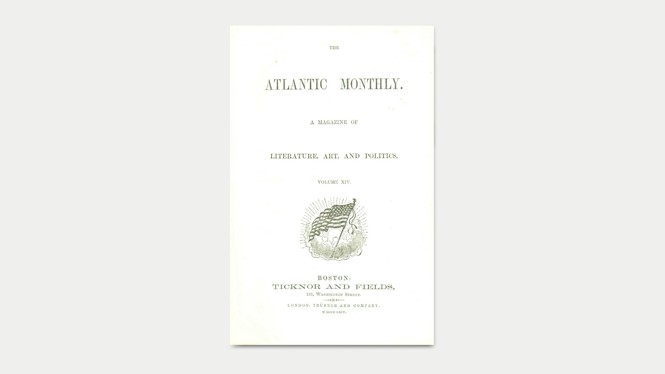
Looking for weekend reads? Sign up for The Wonder Reader, a Saturday newsletter in which our editors recommend stories to spark your curiosity and fill you with delight.
Explore all of our newsletters.










